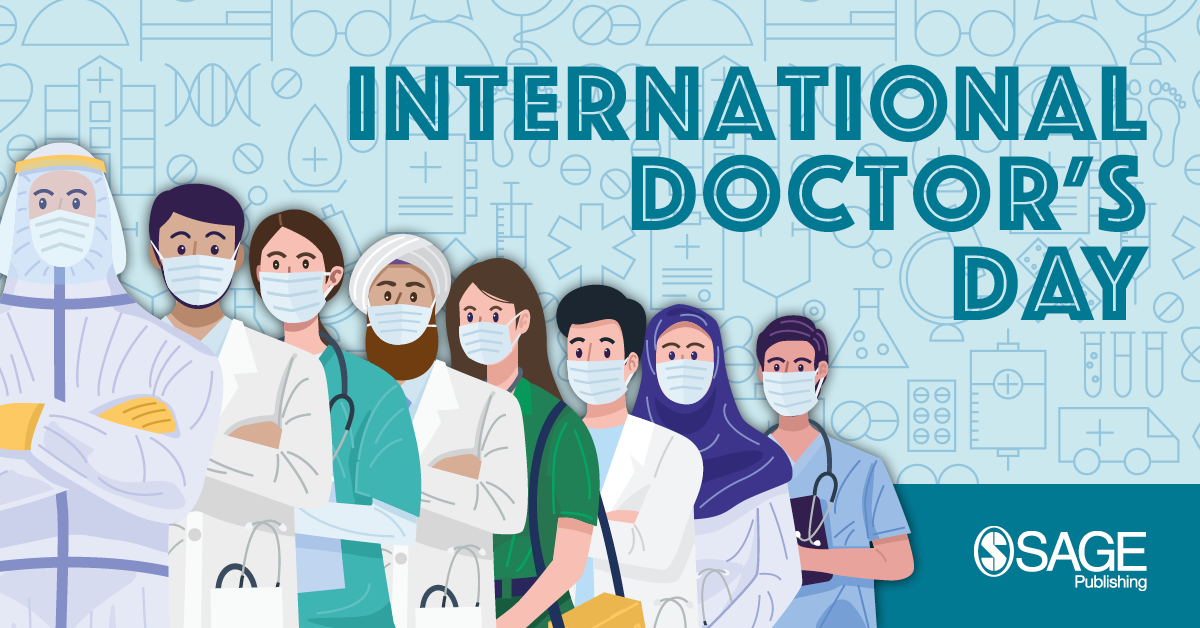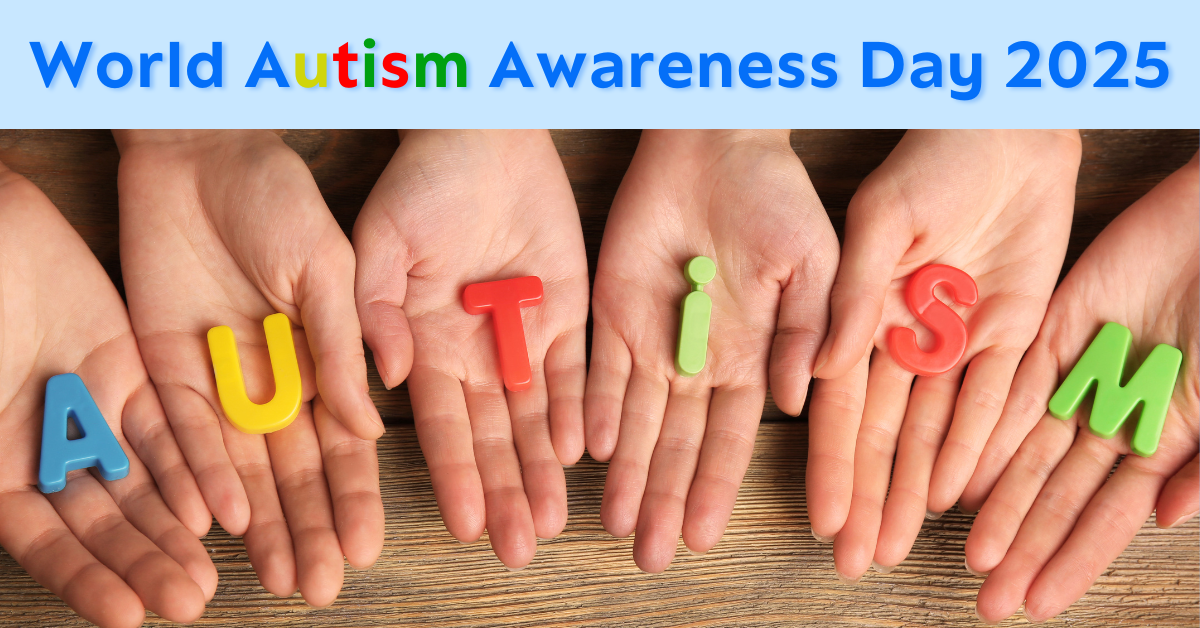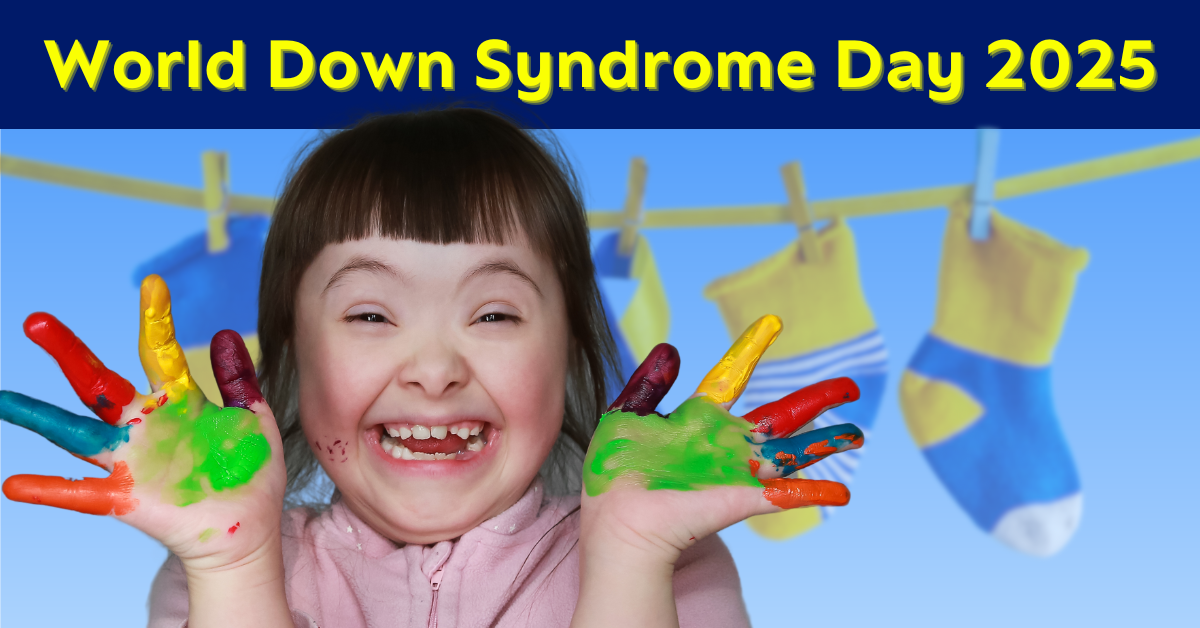
Down syndrome is a genetic condition caused by the presence of an extra copy of chromosome 21. This is why 21 March is recognized as World Down Syndrome Day, a time to advocate, raise awareness, and celebrate the lives of people with Down syndrome. This year’s theme, ‘Improve Support Systems’, highlights the critical role that support systems play in empowering individuals with Down syndrome and their families. To better understand this, we spoke with three parents in Singapore who shared their experiences and need for sustained support at every stage of life.
A Down syndrome diagnosis is often emotional and life-altering for parents. Many find themselves adjusting their expectations, seeking information, and building new support networks to navigate this journey. Research supports this experience where Clark et al. (2020) found that families shift their approach to parenting while redefining roles and expectations. This reality resonates with Belinda, Frankie, and Moses, who soon realized that their parenting journey would take an unexpected but deeply meaningful path.
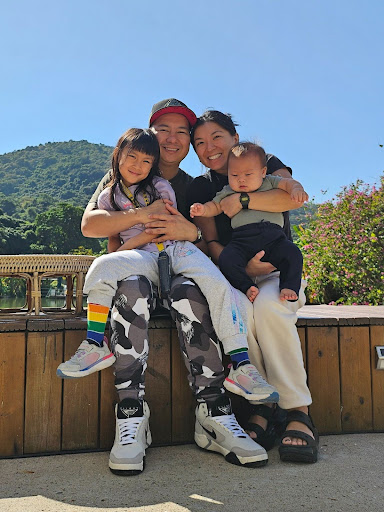
Photo credit: Belinda and Zaccheus
Stay-at-home Mom, Belinda turned to social media for stories of inspiration while raising her son Zaccheus, and now she is an advocate herself, sharing her story of love to inspire others. Frankie, a Strategic Communications Manager at a church, sought guidance from his pastor. He connected Frankie with a parent of an adult with Down syndrome, whose firsthand experiences provided Frankie with valuable insight and reassurance as he prepared to raise his son, Eliot. Moses, a Director at a Funeral Parlour was connected to a therapist by a friend, and this introduction turned out to be instrumental in helping Enoch develop his fine motor skills
When these parents search for information on the internet, they are met with the doom and gloom of statistics and challenges. However, change seems to be underway as Van Riper et al. (2023) note a shift in research, where researchers focus on strength and resilience rather than the difficult experiences of families of people with Down syndrome. Alongside robust support systems, both formal and informal, families with people with Down syndrome can shift from surviving to thriving.
Down Syndrome and the Need for Support
The extra copy of chromosome 21 in people with Down syndrome impacts cognitive and physical development, leading to developmental delays, neurodiversity, or medical challenges such as heart defects, respiratory issues, and vision problems. Advances in medical care and early intervention may have improved the quality of life for individuals with Down syndrome, but more needs to be done to inform and empower the caregivers.
“There is no masterplan…We know we need early intervention, the question is what type of intervention, where to get it, and which type comes first?” Moses, father of Enoch
Building Stronger Support Systems: Lessons from Families and Research
The Power of Early Intervention
Early intervention lays the foundation for development in children with Down syndrome. Frankie recalls how the Infant Toddler Program at the Down Syndrome Association of Singapore (DSA) played a pivotal role in his son Eliot’s early years. Through targeted exercises designed to strengthen core muscles, improve focus, and enhance sensory engagement, Eliot built essential foundational skills. “That’s when he really learned things… that’s where he actually learned to walk!” Frankie shares.

Photo credit: Moses and Enoch
Moses credits early intervention with a massage therapist that helped Enoch develop his fine motor skills. He didn’t know any better in the past but decided to trust the therapist who massaged Enoch every week from six months to six years old. And when Enoch was older, Moses noticed how he executed fine motor skills activities like buttoning his clothes and tying his shoelaces with greater ease than his peers.
Just like Frankie and Moses, the parents in a study by O’Loughlin et al. (2011), reported that early intervention programs not only gave them essential support and resources, it also empowered them with knowledge and fostered connections with other families.
So, what if early intervention was made even earlier? Keilty et al. (2024) looked into the potential of prenatal early intervention and found that parents actually valued it. Instead of leaving parents high and dry after a diagnosis, prenatal early intervention helps them prepare themselves emotionally and for their child’s needs. It connects them with continued postnatal support and empowers them to care for their child. Organizations like the DSA initiate outreach early, collaborating with doctors for referrals to ensure parents with a diagnosis can receive the support they need from the very beginning.
Bridging Gaps in Education
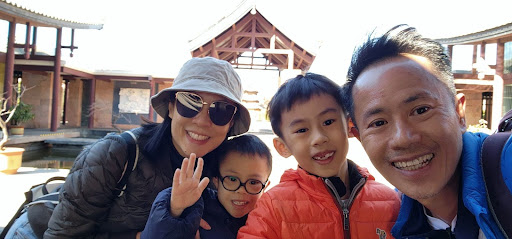
Photo credit: Frankie and Eliot
Eliot made a smooth transition from preschool to mainstream Primary school, with the help of DSA’s Integration Facilitation Support Program. Even though he adapts well and is making progress in school, Frankie cannot help but worry about the future. He notices a gap in the education system for children with Down syndrome who may not be suited for special education nor keep up with mainstream curricula. So, his question is, what next after Primary school for Eliot? Education remains a critical area where support systems need improvement.
The Role of Social and Family Support
Belinda likens support to a tripod, with professional, family, and social support as its three essential pillars. Her doctors and therapists provide medical expertise, her family offers emotional and practical assistance, and a network of parents and advocacy groups fosters community connection.
Having a child with Down syndrome reshapes the family dynamics as they navigate the changes and new challenges ahead. Through this journey, having strong family and social support systems provide emotional reassurance and acceptance. Parents, like Belinda, who actively seek information and build supportive networks not only receive practical guidance from other parents but also foster a sense of belonging and resilience. (Clark et al., 2020)
Looking Ahead: Improving Support Systems

Photo credit: Down Syndrome Association of Singapore
As individuals with Down syndrome live longer, new challenges arise and one potential concern is sibling caregiving. As parents age, siblings take on increased responsibility for their siblings with Down syndrome. While many siblings embrace this role, they often lack adequate guidance and resources (Sciscione 2021). Perhaps, more structured programs will help siblings prepare for these lifelong commitments.
As a society, we can foster inclusivity by staying curious, open-minded, and informed about Down syndrome. Educating ourselves allows us to understand better and challenge misconceptions. We can create opportunities for interaction, whether it’s volunteering for the cause, organising playdates or participating in programs like the Special Olympics Young Athlete program, where children of all abilities connect and learn together.
You might also consider putting on mismatched socks on 21 March and rock your socks for World Down Syndrome Day 2025. Spark conversations and contribute to greater awareness and acceptance, as we advocate for better support systems and more inclusive policies.
Together, we can create a world where every individual with Down syndrome receives the support they need to thrive.
References:
Clark, L., Canary, H. E., McDougle, K., Perkins, R., Tadesse, R., & Holton, A. E. (2020). Family Sense-Making after a down syndrome diagnosis. Qualitative Health Research, 30(12), 1783–1797. https://doi.org/10.1177/1049732320935836




